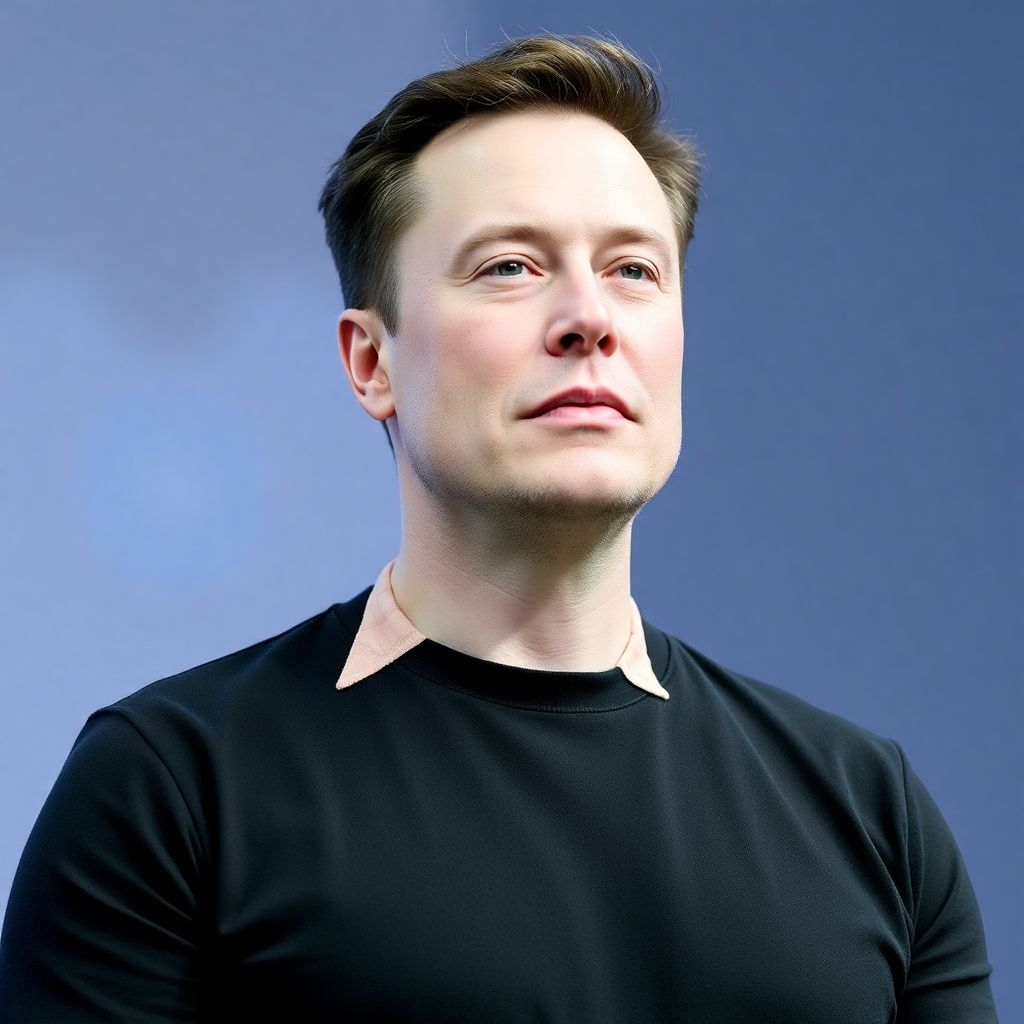Elon Musk is preparing to introduce a new messaging service called X Chat, which he claims will set a new standard for privacy and security in digital communication. Designed as a competitor to established platforms like WhatsApp and Telegram, X Chat is expected to launch within the next few months, both as a feature within the X social media platform and as a standalone mobile application.
Speaking during an episode of “The Joe Rogan Experience,” Musk revealed that the messaging infrastructure on X has been completely rebuilt from the ground up. The new system, dubbed X Chat, incorporates end-to-end encryption designed to be as robust as the cryptographic systems used in Bitcoin. According to Musk, this approach ensures that messages remain private and inaccessible to third parties, including advertisers, hackers, and even the platform itself.
Unlike WhatsApp, which Musk criticized for its potential data vulnerabilities, X Chat will not include any mechanisms that facilitate targeted advertising. He emphasized that platforms relying on user data to serve personalized ads inherently expose sensitive information. “If a platform knows enough about your conversation to serve ads, it also means there’s a significant security loophole,” Musk explained. He warned that the same data used for advertising could be exploited by malicious actors to access private messages.
While Meta, the parent company of WhatsApp, insists that all messages are encrypted using the widely respected Signal Protocol, critics point out that the platform still collects metadata — information about who you contact, how often, and when. Additionally, unless users enable certain settings, their chat backups are not encrypted, potentially creating further points of vulnerability.
Musk assures users that X Chat is being designed with a strict no-advertising policy, meaning it will not collect data for commercial use. “We’re aiming to build a secure, encrypted environment where users can send messages, share files, and conduct audio or video calls — all without sacrificing their privacy,” he said. He noted that while no system is flawless, X Chat’s architecture is intended to be “the least insecure” among today’s major messaging platforms.
Beyond basic messaging, X Chat will support a range of communication features including voice calls, video chats, and file sharing. This positions the app as a comprehensive communication tool suitable for both personal and professional use. By eliminating the need for third-party apps and removing the influence of advertising models, Musk aims to provide a clean, focused user experience rooted in privacy-first principles.
One of the key innovations Musk hinted at is the use of blockchain-inspired encryption protocols. While he didn’t reveal technical specifics, the reference to Bitcoin-like security implies decentralized or zero-knowledge cryptographic techniques that could make it nearly impossible for unauthorized entities to intercept or decrypt messages.
The decision to offer X Chat as a standalone app also reflects a strategic move to broaden its accessibility beyond the X platform. It signals Musk’s intention to compete directly with enterprise-level messaging services, potentially attracting users from corporate environments where secure communication is paramount.
In terms of user interface and functionality, X Chat is expected to be intuitive and streamlined. Musk emphasized that simplicity and reliability will be central to the user experience. He acknowledged that modern messaging platforms often become bloated with unnecessary features or riddled with privacy concerns, and X Chat intends to correct that trajectory.
The upcoming launch of X Chat also aligns with Musk’s broader vision of transforming X (formerly known as Twitter) into an all-encompassing digital ecosystem. Much like WeChat in China, X is being developed to combine messaging, social networking, payments, and more — all under one roof. X Chat will serve as a cornerstone of this ecosystem, offering secure communications as a foundational service.
As concerns over digital privacy continue to grow, especially in light of increasing data breaches and surveillance scandals, the demand for secure messaging platforms is at an all-time high. Musk appears to be tapping into this sentiment, offering users an alternative that prioritizes autonomy over algorithms, and transparency over targeted monetization.
In the coming months, all eyes will be on how X Chat performs in real-world conditions. Security experts, privacy advocates, and tech enthusiasts alike will be eager to evaluate whether Musk’s latest venture can truly deliver on its promises — and whether it can redefine what users expect from a modern messaging platform.

